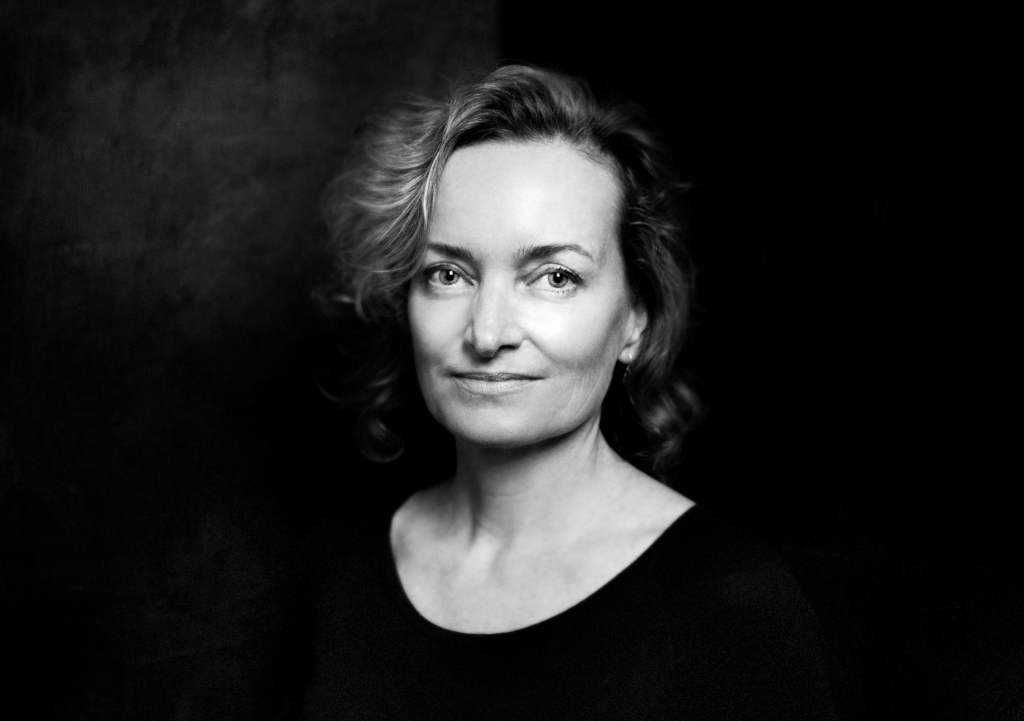Patricia Atkinson is committed to increasing the impact of philanthropy to achieve social transformation. Her work in the philanthropic sector has largely been the fields of health and climate. She serves on the boards of the Clean Air Fund and the European Climate Foundation. She has experience at the Bill and Melinda Gates Foundation and the IKEA Foundation, as well as at several non-profit and social enterprises. She is passionate about using markets and the private sector to enable wide-scale change, and the role of equity, civil society, policy and the arts in energizing and sustaining the future of cities.
Statement Patricia Atkinson:
Crises can point us to a better way. We are in the midst of two global shocks, both long in the making: a global pandemic, and the urgent challenge of mitigating and adapting to a climate disaster. The opportunity to emerge better is unique and hopeful, and can easily be lost if we don’t seize the opportunity to rethink our lives, our economies, our communities, and our use of public and private spaces. The risks of going back to what was are enormous – and backwards momentum can be hard to resist. We already see rising carbon emissions as we emerge from the pandemic-driven economic slowdown. Unfortunately this sets up an unhelpful and unnecessary dichotomy – that we can only secure our future at a huge human cost, through shocks like a pandemic or a painful economic restructuring with winners and losers.
We hear a lot about global and multilateral solutions to solve these challenges. But many solutions can only develop at the local level. How can we rethink our cities to support better lives for all people, now and in the future? How can we fairly distribute the costs and benefits of transition, with the outcome of a more just society, and more equal cities? Can we think of a low emissions zone in a city as not an economic constraint, but as an opportunity to create better spaces, more economic opportunity, and healthier living for people? How can better (and more electrified) public transport mean less space needed for cars and parking, and more for affordable housing? How can cities contribute to a transformation of food systems – to solve climate and human health challenges? How do we think less of urban vs. rural environments, and more in terms of the relationship between countryside and city as a way to rethink and reform our economies and food systems? And emerging from (this stage of) the current pandemic – how do we build our resilience, and a quality of life and human connectedness we all value, that allow us to cope with future waves of pandemics and other crises? The resilience and the innovation that the pandemic has produced – and of course the faults and frailties that the pandemic has laid bare – are opportunities that we must continue to push and explore. The performing arts sector has been brought to its knees by the pandemic, and has been forced to adapt and innovate to survive, but has also demonstrated its essential contribution to the human experience. By depriving us of so much, the pandemic has reinforced our need for the arts, community and a public life, while expanding our notion of it. We have once invited collective experiences into our homes, yet as we emerge again into public life, it’s clear that we still yearn to experience things together. Where will our public lives go from here? Our cities and our public lives need to be redesigned for sustainability and adaptability, allowing a future for both humans and the environment.
